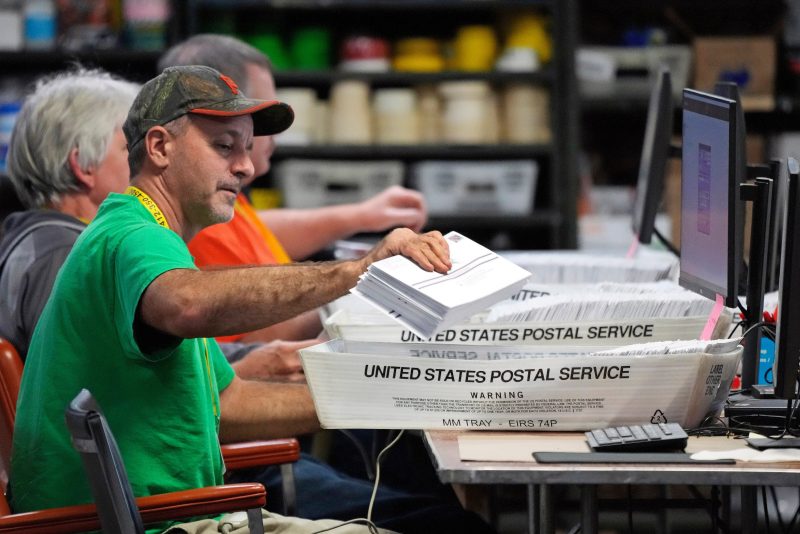Body:
The Republic party is facing significant backlash for its decision to file lawsuits that target overseas and military voting, a move perceived by international law experts, military leaders, and citizens worldwide as a potentially anti-democratic course of action. Critics argue that the actions by Republicans seem contradictory to their stated stance of supporting military members and their families.
The Republican National Committee (RNC) in its recent lawsuits has shown firm opposition against rulings allowing ballots from overseas and military voters to be counted after Election Day, even if they were postmarked on time. While the RNC claims these lawsuits are for ensuring no illegal votes are counted, opponents argue this might disenfranchise a large swathe of American society serving the country overseas and military personnel stationed outside the homeland.
Specifically, the lawsuits target recent rulings that permit postmarked military and international mail-in ballots to be counted if they arrive after November 3, despite the credible threat of delayed mail delivery due to the ongoing pandemic. These contentious lawsuits have stirred an ongoing debate about the fairness of the ongoing election process and threats to the exercise of democracy and its values among service members and expatriates.
Veterans and active-duty military members have been particularly vociferous in their criticism. They argue that those serving the country’s interests overseas should not be penalized for logistical delays that are beyond their control. The traditionally non-partisan American Overseas Military Voting Advocacy group has questioned Republican tactics, expressing concern about leadership that did not prioritize the voting rights of Americans serving abroad.
Discontent with Republicans’ lawsuits has also branched out overseas. US citizens abroad, a group that is estimated at 3 million, have openly expressed dismay and worry over these lawsuits. Their basic argument rests on the concept of universal suffrage, highlighting the importance of every single vote in a democratic country, no matter where it emanates from.
Moreover, international observers are concerned. The Organization for Security and Co-operation in Europe, a multinational group charged with election observation, has expressed apprehensions over the ramifications of these lawsuits on the international image of American democracy and the precedence set for global democratic practices.
Republicans’ motivation for filing these lawsuits remains uncertain. Some critics speculate that it might be due to the traditionally lean Democrat stance of overseas voters and service members.
In the broader political landscape, these lawsuits appear to be an arm of a nationwide surge by Republicans to tighten voting laws. Critics argue this could disproportionately impact international voters and military personnel, who often face more difficulties in casting their ballots.
Going forward, the Republic party must address the significant domestic and international backlash for its decision to file lawsuits targeting overseas and military voters. Balancing voter integrity and suffrage amongst the military and overseas citizens remains an undeniably complex issue. However, undermining the voting rights of citizens who sacrifice their safety for the nation may not resonate well with the American public and its democratic ethos.









